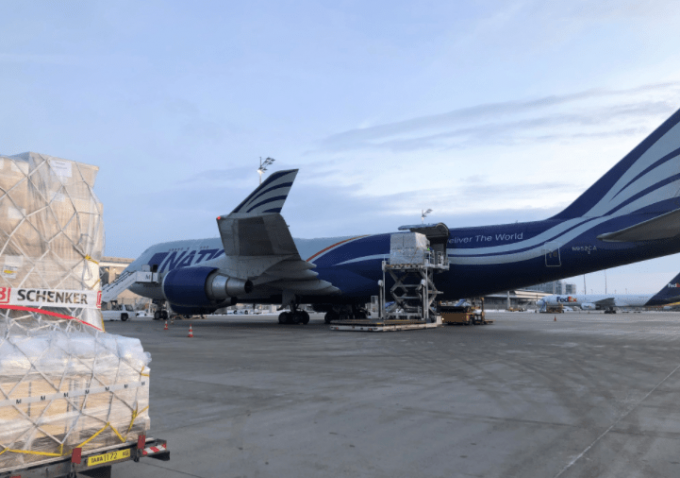'Lumpy' capacity on services to European ports could see congestion worsen
Fluctuating weekly capacity sailing into North European ports could be exacerbating their congestion problems, according ...

DB Schenker has aggressively taken on chartered air freight capacity – and plans more – as it seeks to consolidate and grow its position in the market.
But it has ruled out a permanent move to its own controlled network.
Last week, the forwarder announced that its ...

Comment on this article